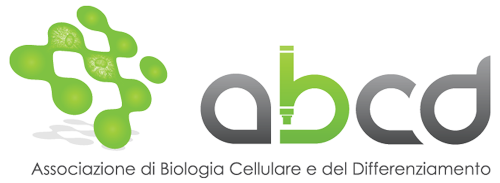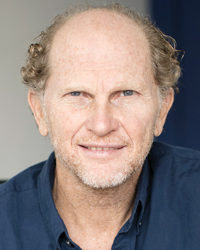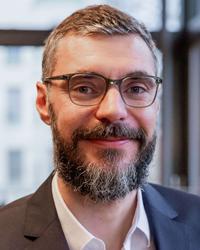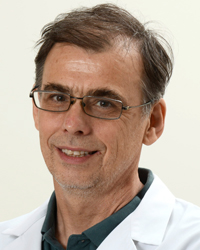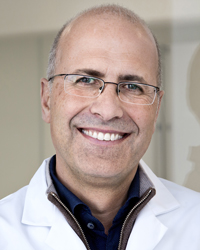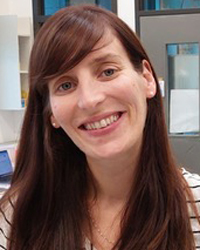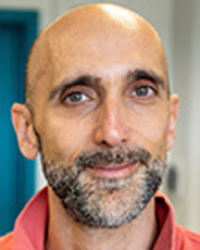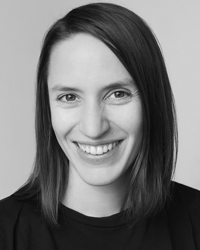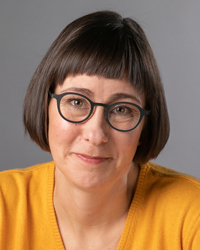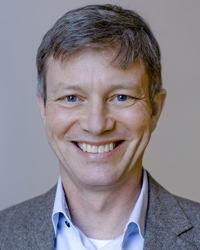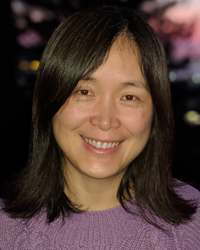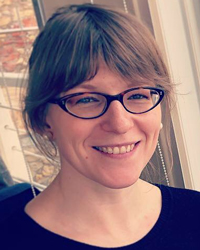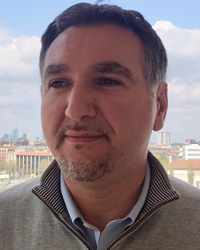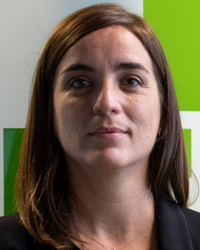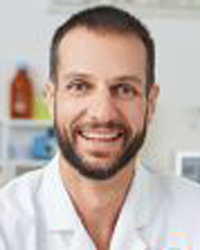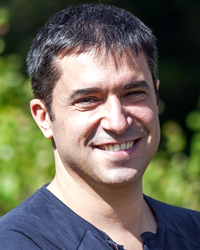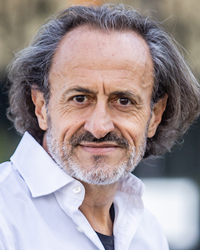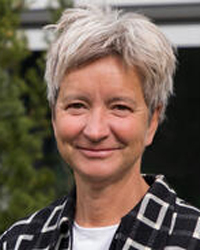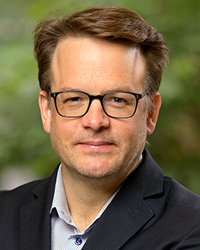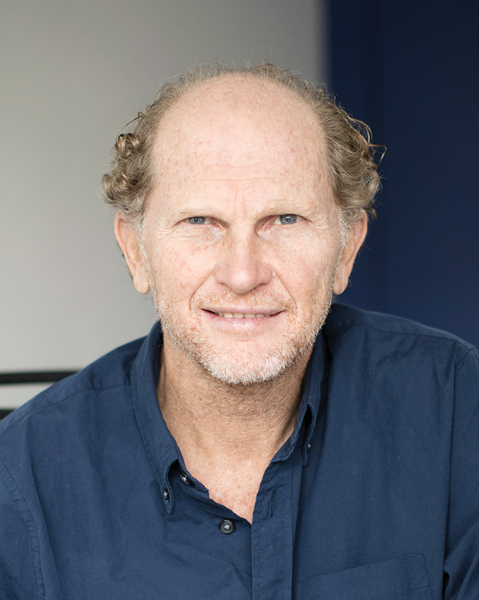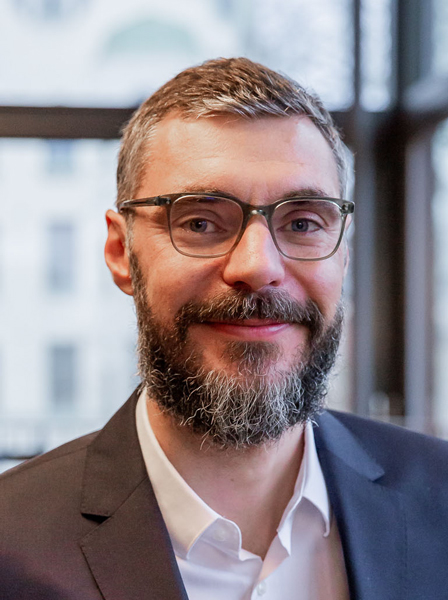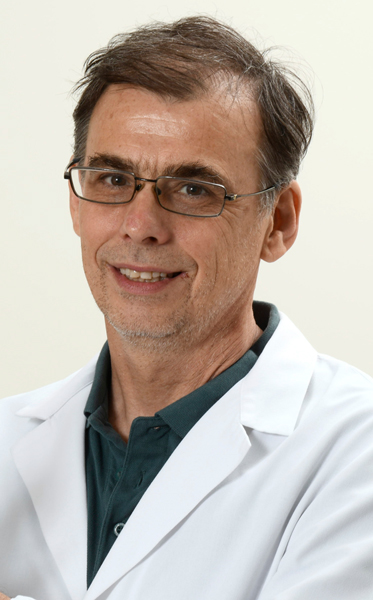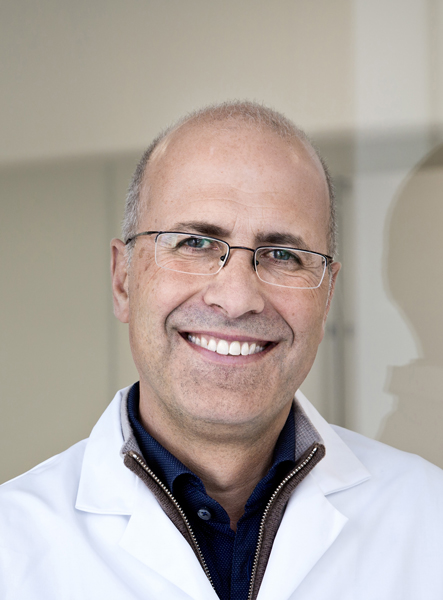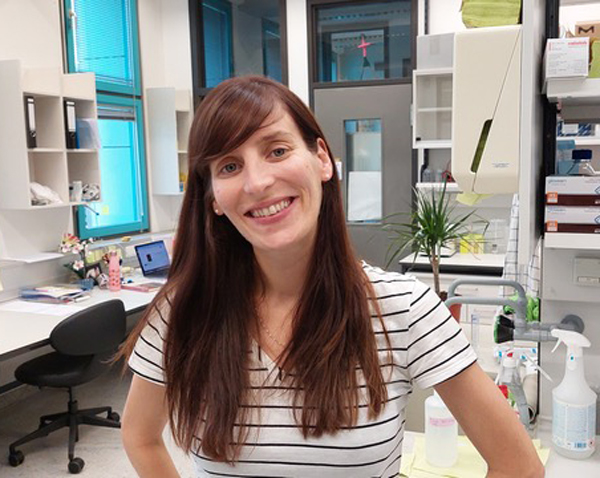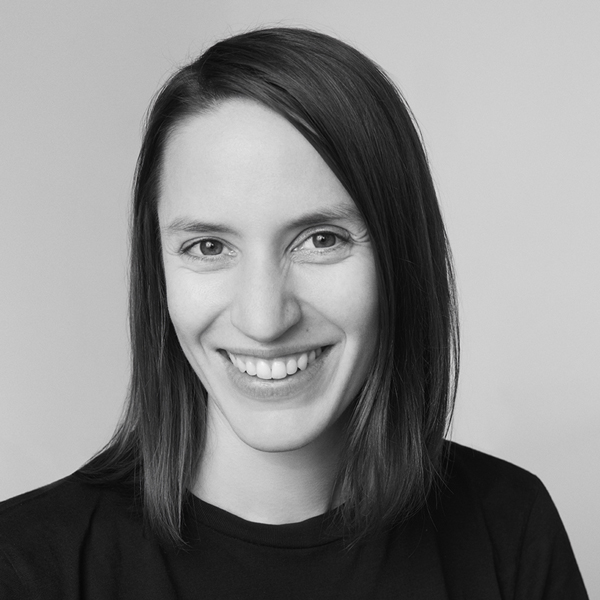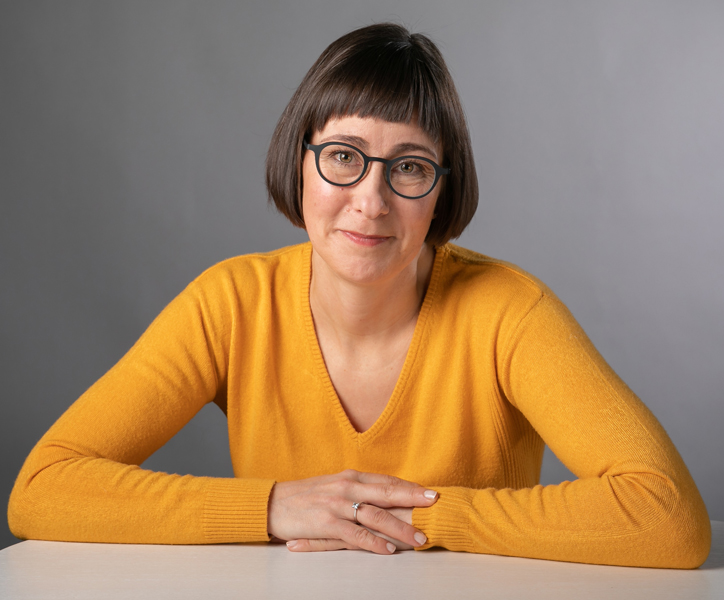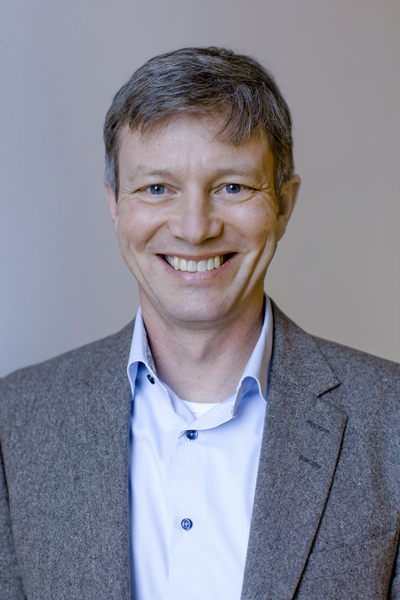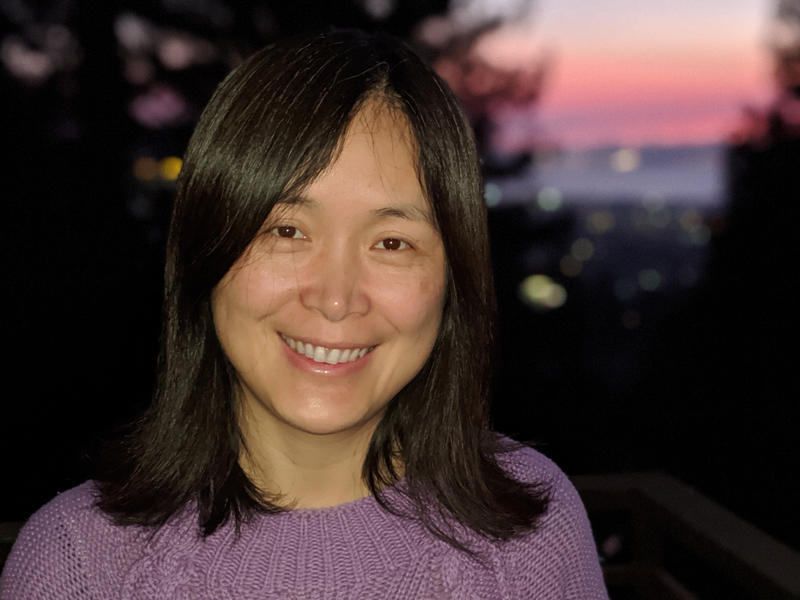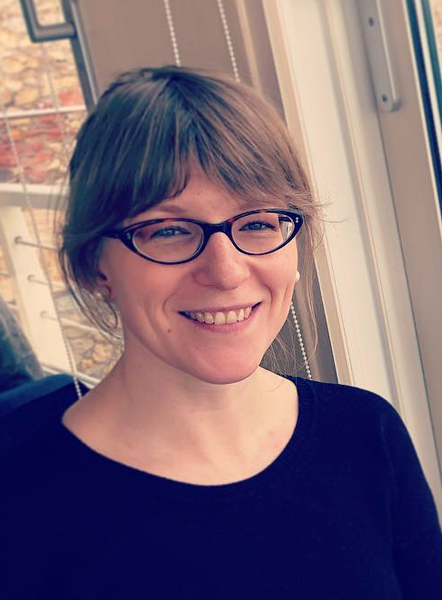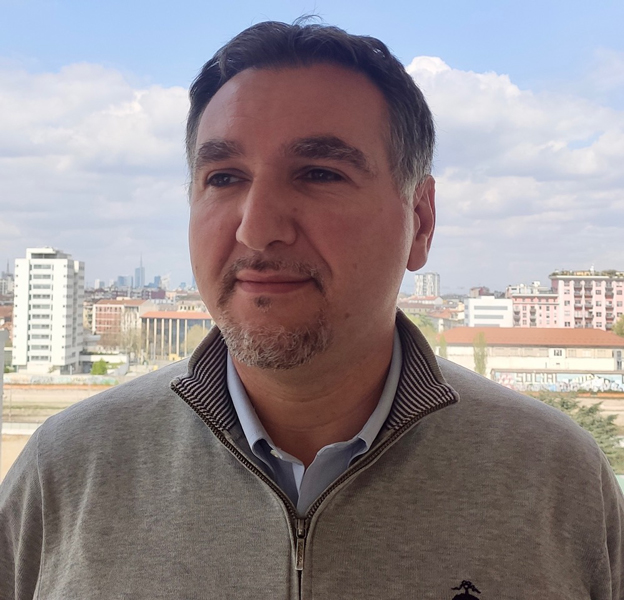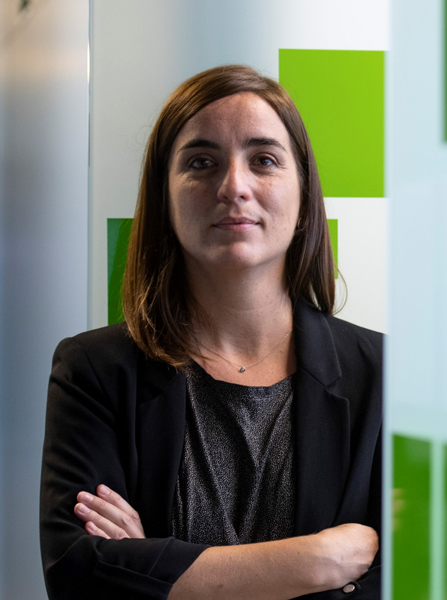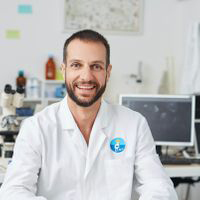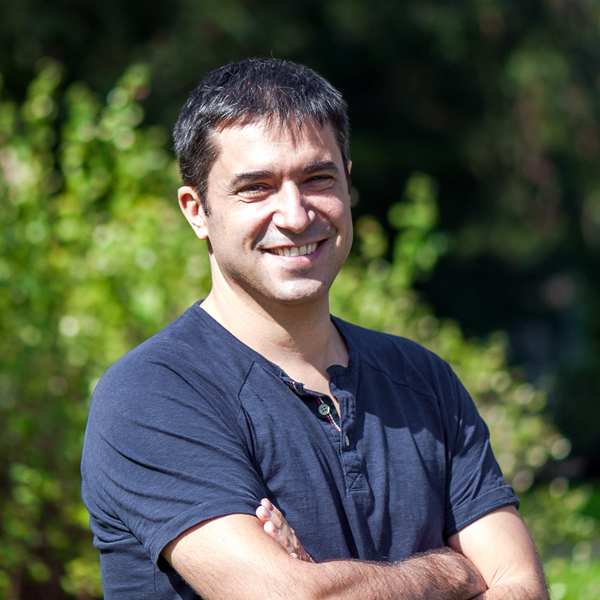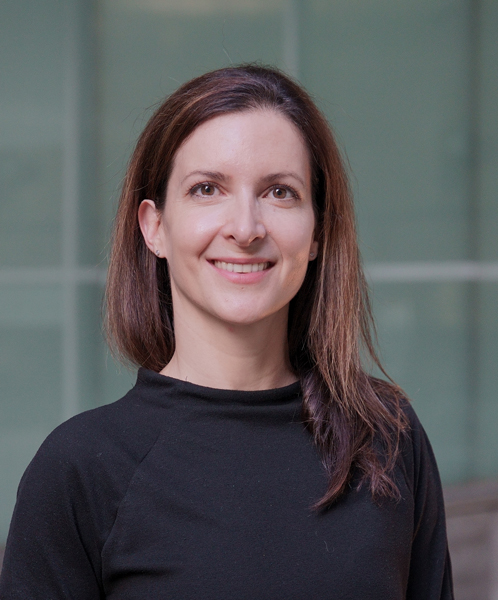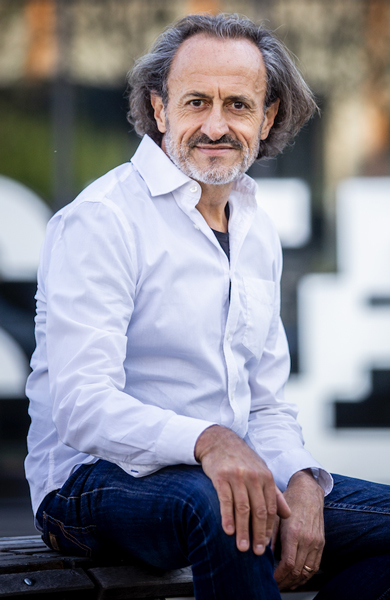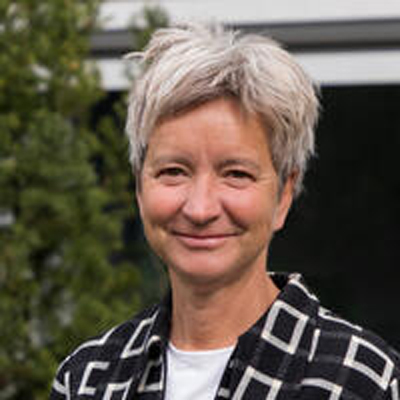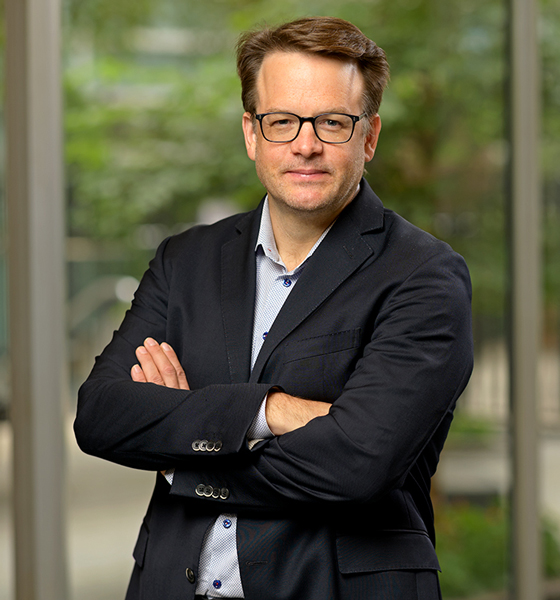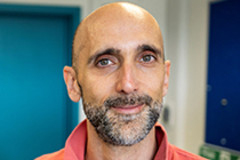Francesco Cecconi
Francesco Cecconi graduated with honors in Biological Sciences at the Faculty of Mathematical, Physical and Natural Sciences of the University of Rome Tor Vergata in 1992, and obtained a PhD in Molecular Cell Biology at the same Faculty in 1996. After four years of post-doctoral research activity at the Max-Planck-Institut für biophysikalische Chemie of Göttingen (Germany), and following long-term ambitious development of novel techniques, to study cell death and survival by means of highly interdisciplinary approaches, his own group was established in 2000 in Rome, Italy, in the context of the Dulbecco Telethon Institute (Telethon Foundation), where he remained as Assistant and then Associate Researcher until 2010. After his seminal work on the activating molecule in Beclin 1-regulated autophagy (AMBRA1), Francesco Cecconi became a world-leader scientist in the field of autophagy in development and disease, placing his group among the most prominent European teams in the fundamental research about the key cellular process of autophagy. In particular, he discovered AMBRA1 as one of the few members of the vertebrate autophagy core complex and of the mitophagy apparatus, a downstream direct target of mTORC1, responsible of autophagosome formation, essential for brain development and immune cell homeostasis, and involved in controlling cell proliferation, death and differentiation through links with the ubiquitin-proteasome system.
Francesco Cecconi directs since 2013 in Copenhagen the Cell Stress and Survival Group at DCRC, through which he is committed in elucidating the role of autophagy in a number of tumours and in identifying novel strategies in cancer treatment, based on autophagy manipulation. His more recent work is best characterised as a successful combination of uncompromised and innovative basic science at highest quality with strong translational interest.
Of note, Prof. Cecconi has published more than 200 papers in important scientific journals, such as Cell, Nature, Nature Cell Biology, Nature Neuroscience, which obtained >25,000 citations by peers; further, he is elected member of the European Molecular Biology Organization (EMBO), the European Cell Death Organization (ECDO), the Cell Death Society (CDS) and the Nordic Autophagy Society (NAS). Also, Francesco Cecconi is Deputy Director of the Center of Excellence for Autophagy, Recycling and Disease (CARD) in Copenhagen. In the period 2006-2022 Francesco Cecconi was Full Professor of Developmental Biology at the University of Rome Tor Vergata; then he has been appointed (2022) as Full Professor in Biochemistry at the Institute of Biochemistry and Clinical Biochemistry at the Catholic University of the Sacred Heart in Rome. He has acted as mentor of a large number of Postdocs, PhD and Master Students and, since 2013, he has Co-supervised students enrolled in the PhD School in Molecular Mechanisms of Disease (MoMed) of the University of Copenhagen. Also, since 2014 he collaborates with the Department of Onco-hematology, Cell Therapy, Gene Therapies and Hematopoietic Transplantation at the Bambino Gesù Paediatric Hospital in Rome. Further, in the period 2017-2019 he has been the Coordinator of the PhD School in Molecular Cell Biology at the University of Rome Tor Vergata. Francesco Cecconi has received various awards and recognitions. He is member of numerous national and international scientific societies, panelist for many research funding agencies, including the European Research Council, and is a member of the Medical Academy of Rome.
